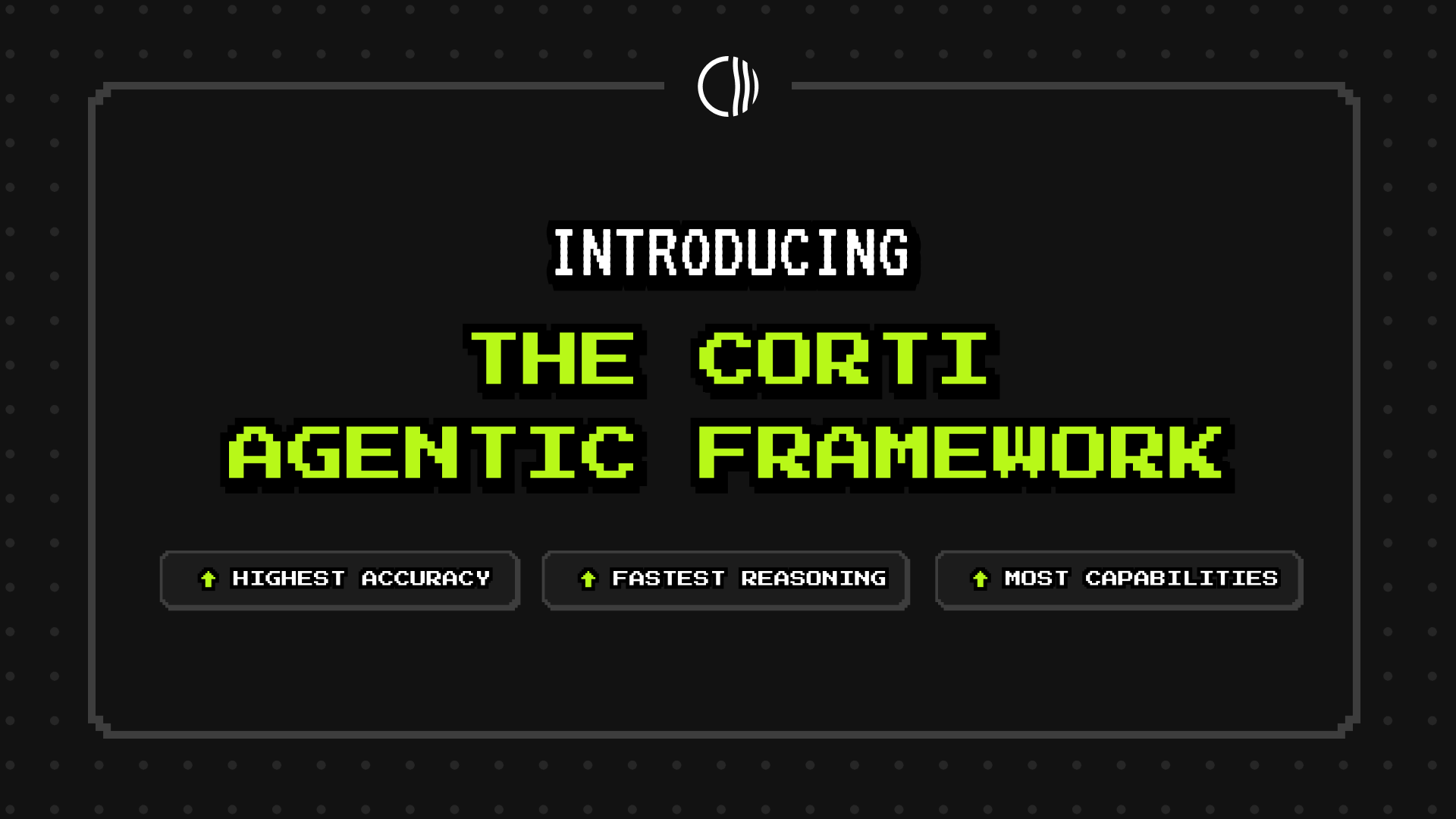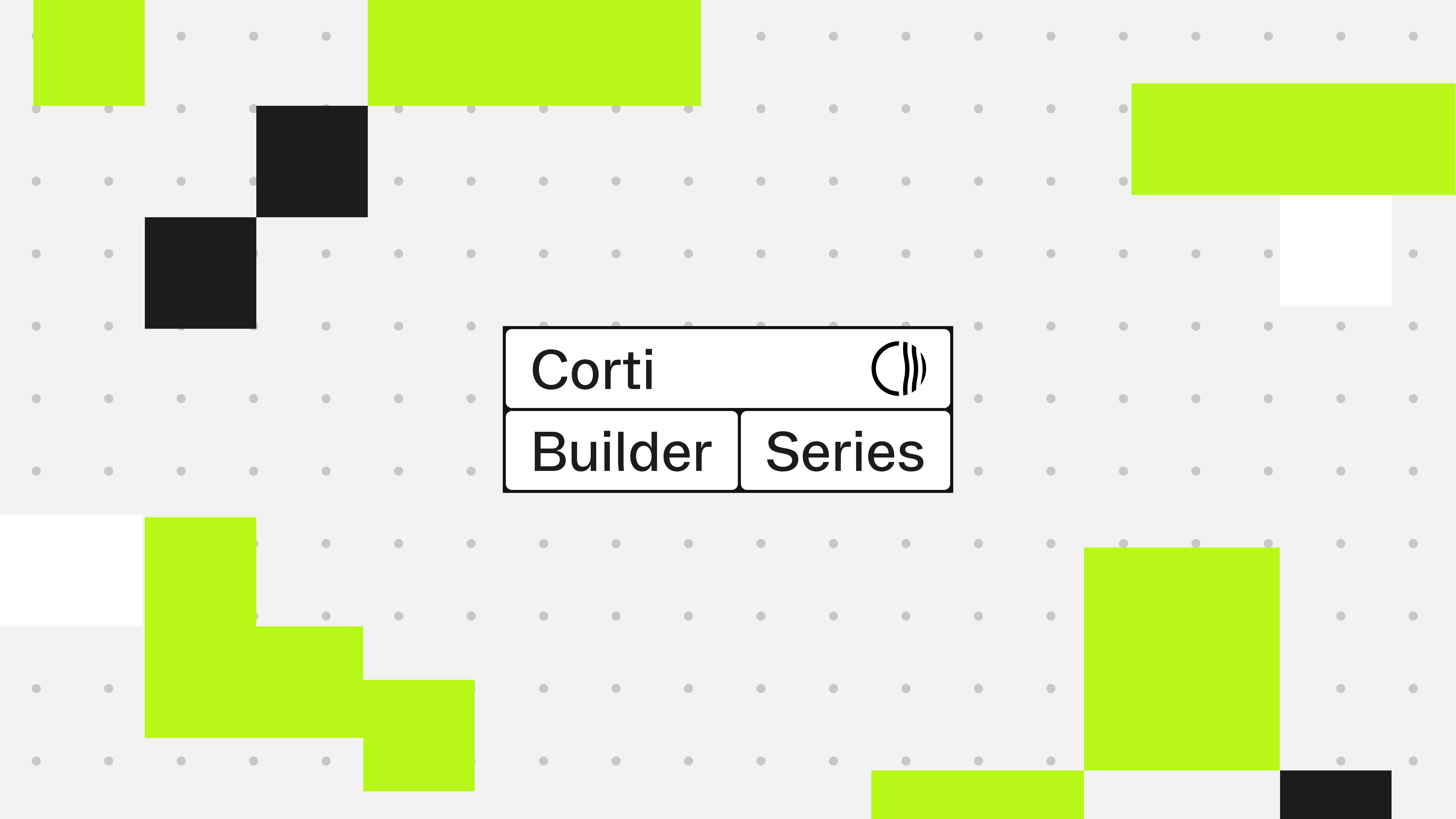Corti in psychiatry: one of the hardest AI problems in healthcare

Depression. Anxiety. Burnout. The mental health epidemic is impossible to ignore. Corti is now taking on one of healthcare’s greatest challenges: psychiatry.
Decoding the subtleties of natural language in hour-long psychiatric consultations is hard. Unlike radiology, where images can be labeled, or pathology, where symptom descriptors and lab values can be categorized, psychiatry is almost entirely about the spoken language. Every word, pause, and subtle shift in phrasing carries clinical meaning. For AI, this poses a unique challenge: general-purpose language models stumble, hallucinate, and misinterpret nuance, creating risk where accuracy matters most.
Corti’s advances in medical speech to text and clinical reasoning infrastructure are changing that. With these foundations, psychiatry, long seen as one of the hardest specialties for AI to handle safely, is becoming viable in practice. The feedback from clinicians is already validating this shift. Corti’s AI continues to be proven in more and more complex healthcare specialties which shows that the same infrastructure can handle a high level of generalization in the healthcare vertical.
Why psychiatry breaks general AI models
Unstructured, fluid conversation
Psychiatric sessions rarely follow a fixed protocol. A consultation may move between patient history, current symptoms, and reflections on daily life. There may be pauses, corrections, or non-linear storytelling. Models trained on internet dialogue are not robust in this kind of flow.
Polysemy, ambiguity, and implied meaning
Everyday words take on layered, context-specific significance in psychiatry:
- Better: relative to last week, or polite deflection?
- I can’t sleep: total insomnia, early waking, fragmented rest, or anxiety?
- I’m done: frustration, resignation, or suicidal ideation?
Understanding these requires longitudinal reasoning and clinical context, which general models lack.
Hallucination risk
Hallucinations are a problem across healthcare AI. In psychiatry, they are especially dangerous because there are fewer objective checks. A fabricated symptom, misattributed statement, or mistranscription risks distorting the record and undermining trust.
Corti’s approach: healthcare-native by design
Healthcare-only training data
Models trained on millions of hours of medical conversations, including psychiatric dialogues, are fluent in real-world clinical language, not internet text.
Clinical reasoning layer
Aligned to how clinicians structure assessments and notes, reducing incoherence and unsafe outputs.
Compliant infrastructure from day one
HIPAA and GDPR scaffolding, audit trails, and sovereign deployment options protect sensitive data without extra developer work.
Developer-friendly APIs
Pre-tuned endpoints and SDKs enable integration in weeks, not quarters.
Corti’s industry-leading ASR
Psychiatry begins with listening. Accurate speech to text is the bedrock.
Corti’s healthcare-native ASR is fluent in medical vocabulary, conversational nuance, and real-world acoustic conditions:
- Recognition across hundreds of thousands of medical terms
- Handles overlap, interruptions, and hesitations
- Multilingual coverage for diverse populations and accents
- Low-latency performance for real-time transcription
In psychiatry, where a single missed phrase can alter meaning, ASR accuracy is essential. But transcription alone is not enough. Corti’s FactsR™ takes the next step: continuously extracting clinically relevant information and building structured documentation in real time. Instead of long, error-prone notes after the fact, FactsR™ generates a concise, fact-based representation that clinicians can validate as they go. This reduces hallucinations, improves accuracy, and turns transcripts into usable clinical notes.
What developers gain
- Higher accuracy from healthcare-native training and reasoning
- Faster deployment with compliance and workflows built in
- Confidence in regulated markets with HIPAA and GDPR compliance by default
- Reusable infrastructure supporting workflows across specialties and languages
Looking ahead
Published case studies are coming, but early psychiatric pilots are already encouraging.
They show how Corti enables safe, reliable AI in places where language complexity has blocked adoption. With FactsR™, developers receive structured, fact-based outputs that can be dropped directly into EHRs or clinical apps, eliminating the brittleness of conventional scribe models.
Healthcare AI will not be defined by demos or one-off apps. It will be defined by infrastructure that performs in the hardest environments and scales across the rest. Psychiatry is one of those environments. Corti has proven it can deliver safely, compliantly, and in ways developers can build on.
If you are building in healthcare and want to see how Corti’s ASR and reasoning APIs can slot into your stack, reach out; we would love to show you how this infrastructure can accelerate your roadmap.
Join our mission
We believe everyone should have access to medical expertise, no matter where they are.

.png)

